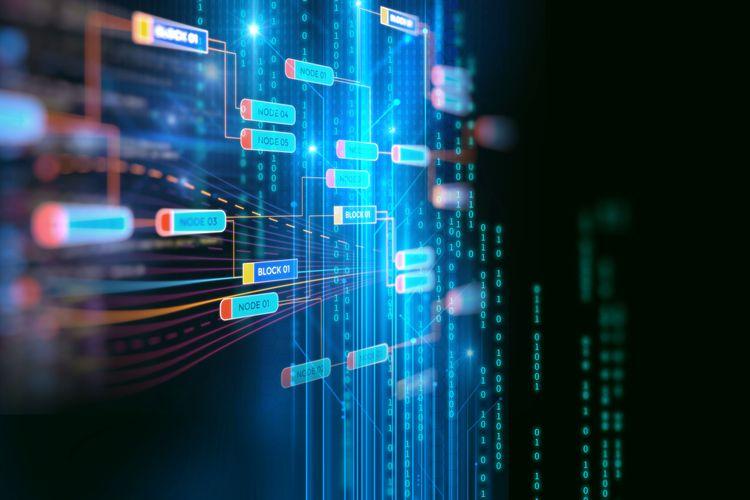"The Internet of Things is not a concept; it is a network, the true technology-enabled network of all networks."
The Internet of Things (IoT) represents a paradigm shift in the way we interact with technology, enabling interconnected devices to communicate, exchange data, and automate processes seamlessly. At Sendan Technology, we recognize the transformative power of IoT and are committed to helping organizations harness this technology to drive innovation, optimize operations, and enhance customer experiences. Let's delve into the world of IoT, exploring its key concepts, applications, and implications for businesses and society.
Understanding the Internet of Things (IoT)
The Internet of Things refers to the network of interconnected devices, sensors, and objects embedded with software, sensors, and connectivity capabilities that enable them to collect, exchange, and analyze data autonomously. These ""smart"" devices can communicate with each other, share data with cloud platforms, and perform actions based on predefined rules and algorithms, transforming the way we interact with the physical world.
Key Concepts of the Internet of Things (IoT)
1. Connectivity: IoT devices rely on various connectivity technologies, such as Wi-Fi, Bluetooth, Zigbee, and cellular networks, to establish communication channels and exchange data with other devices and cloud platforms.
2. Sensors and Actuators: IoT devices are equipped with sensors that collect data from the environment, such as temperature, humidity, light, motion, and location. Actuators enable devices to perform actions based on data inputs, such as turning on/off lights, adjusting thermostat settings, or controlling industrial machinery.
3. Data Analytics and Insights: IoT generates vast amounts of data from connected devices, sensors, and systems. Data analytics techniques, such as machine learning and predictive analytics, enable organizations to derive actionable insights from IoT data, identify patterns, trends, and anomalies, and make data-driven decisions to optimize processes, improve efficiency, and drive innovation.
Applications of the Internet of Things (IoT)
1. Smart Home: IoT enables homeowners to automate and control various aspects of their homes, such as lighting, heating, security, and entertainment systems, remotely using smartphones or voice commands. Smart home devices, such as smart thermostats, door locks, cameras, and speakers, enhance convenience, comfort, and energy efficiency while providing greater security and peace of mind.
2. Industrial IoT (IIoT): In industrial settings, IoT enables the digitization and automation of manufacturing processes, supply chain management, and asset tracking. Industrial IoT solutions monitor equipment performance, optimize production schedules, and predict maintenance needs, enabling organizations to reduce downtime, minimize costs, and improve operational efficiency.
3. Smart Cities: IoT is transforming urban infrastructure and city management, enabling the development of smart cities that leverage technology to enhance sustainability, efficiency, and quality of life. Smart city initiatives deploy IoT sensors and devices to monitor traffic, manage energy consumption, improve waste management, enhance public safety, and provide citizens with real-time information and services.
Implications of the Internet of Things (IoT)
1. Data Privacy and Security: With the proliferation of IoT devices and data, ensuring the privacy and security of sensitive information becomes paramount. Organizations must implement robust cybersecurity measures, encryption protocols, and access controls to protect IoT devices, networks, and data from cyber threats and unauthorized access.
2. Interoperability and Standards: Interoperability and compatibility between different IoT devices and platforms remain key challenges for widespread adoption. Industry stakeholders must collaborate to develop interoperability standards, protocols, and frameworks that enable seamless communication and integration between heterogeneous IoT systems.
3. Ethical and Social Considerations: IoT raises ethical and social considerations related to data ownership, consent, transparency, and accountability. Organizations must address these concerns by implementing ethical guidelines, privacy policies, and governance frameworks that promote responsible and ethical use of IoT technologies while safeguarding individual rights and freedoms.
Conclusion
The Internet of Things (IoT) represents a transformative force that is reshaping industries, redefining business models, and revolutionizing the way we interact with technology. By embracing IoT, organizations can unlock new opportunities, optimize operations, and enhance customer experiences in an increasingly connected world. At Sendan Technology, we are committed to helping organizations navigate the complexities of IoT adoption, maximize the value of connected devices and data, and achieve their strategic objectives in the digital age. Together, let's harness the full potential of IoT to create a smarter, more sustainable future for all.


















